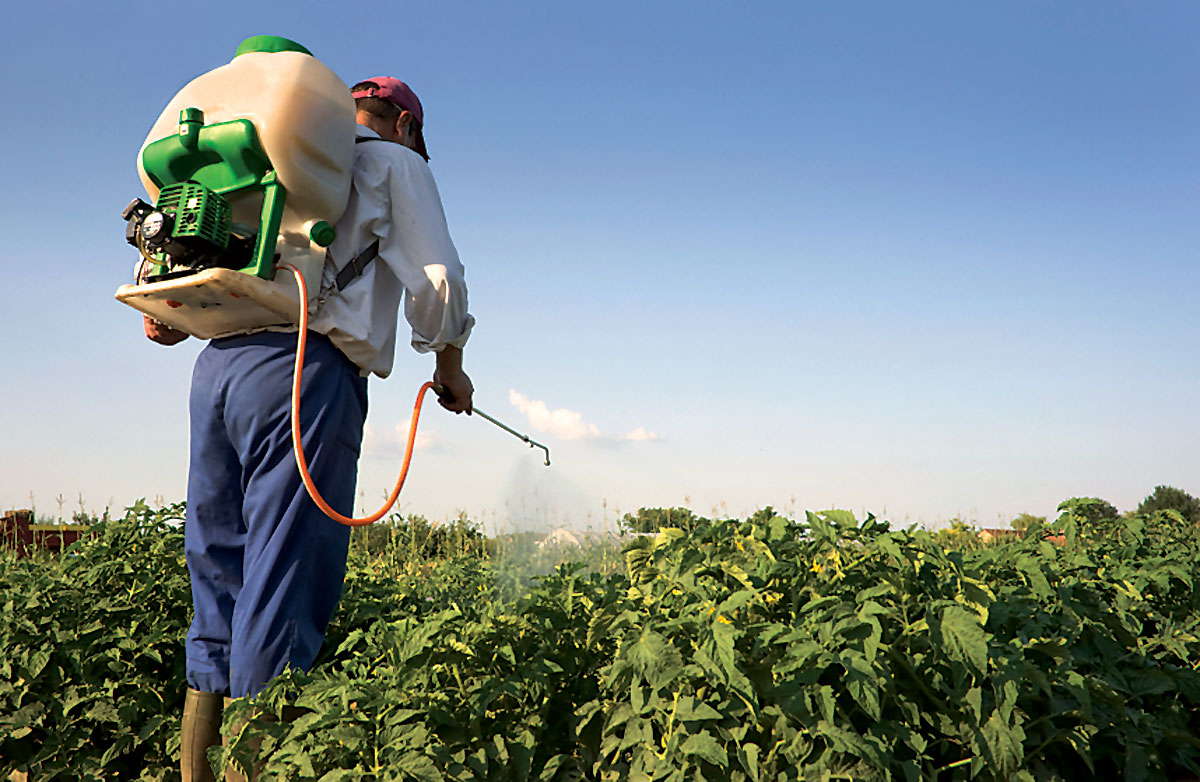
The European Commission has presented criteria to identify endocrine disruptors in agricultural products.
The Commission proposes to adopt a strong science-based approach to the identification of endocrine disruptors and to endorse the World Health Organisation definition.
Endocrine disruptors are substances, both natural and chemical, that can alter the functions of the hormonal system and consequently cause adverse effects on people or animals.
In the light of proposals to define ‘endocrine disruptors’ from the European Commission, Agricultural Industries Confederation (AIC) is concerned that more widely used plant protection products will be lost from the already depleted tool box that exists for agriculture and horticulture.
The Commission’s proposals define one of the many ‘cut-off criteria’ which plant protection products must ‘pass’ if they are to be placed on the market.
The criteria focus on the potential of an active substance to have an adverse effect on the endocrine system, regardless of the dose used or the risk of exposure.
While the term ‘endocrine disruptor’ sounds alarming, many substances in this category occur naturally in the human body e.g. insulin; and many are found in food e.g. soy and soy products and coffee.
AIC has lobbied for an approach which considers risk to human health and the environment i.e. the likelihood of exposure and potency (the dose) of plant protection used.
Some plant protection products are used in the home and garden sector and present minimal risk to users as they are formulated at low doses and in ready to use packaging.
"As a consequence of the Commission’s decision, we now have a definition which will remove many plant protection products which pose negligible risk to consumers and operators," said Hazel Doonan, AIC’s Head of Crop Protection.
"However, their loss will have significant consequences on the availability of safe, affordable food for consumers in the UK and across the European Union. As a trade association we will continue to lobby for a more rational, risk-based approach."
